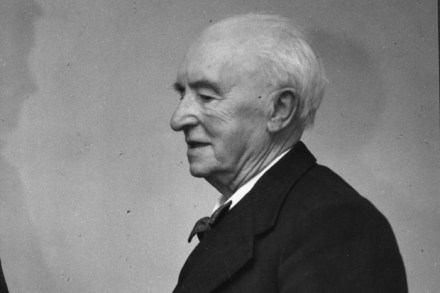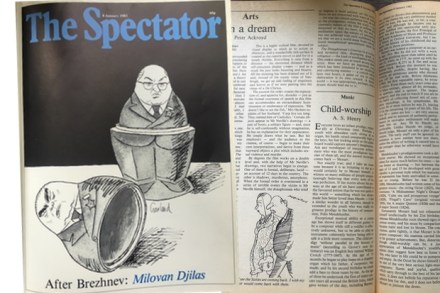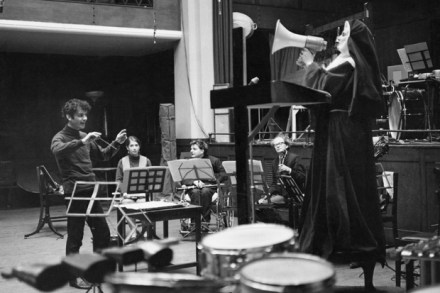Might ITV make a better fist of finding a Eurovision song?
About 200 million people tuned in to the Eurovision Song Contest last night, and will have seen Britain finish third-last. The country of Adele, Ed Sheeran, the Mumfords and The Beatles was defeated by countries with a twentieth of our population (and musical talent) – so what’s going wrong? The answer is fairly simple: the UK entry is controlled by the BBC. Asking it to choose a Eurovision Song Contest winner is like asking the Parliamentary Culture Committee to choose a Christmas No1. I’m a huge fan of the BBC and its Eurovision coverage is generally first class, as are Paddy O’Connell and Graham Norton. But choosing a winning musical act is a




















